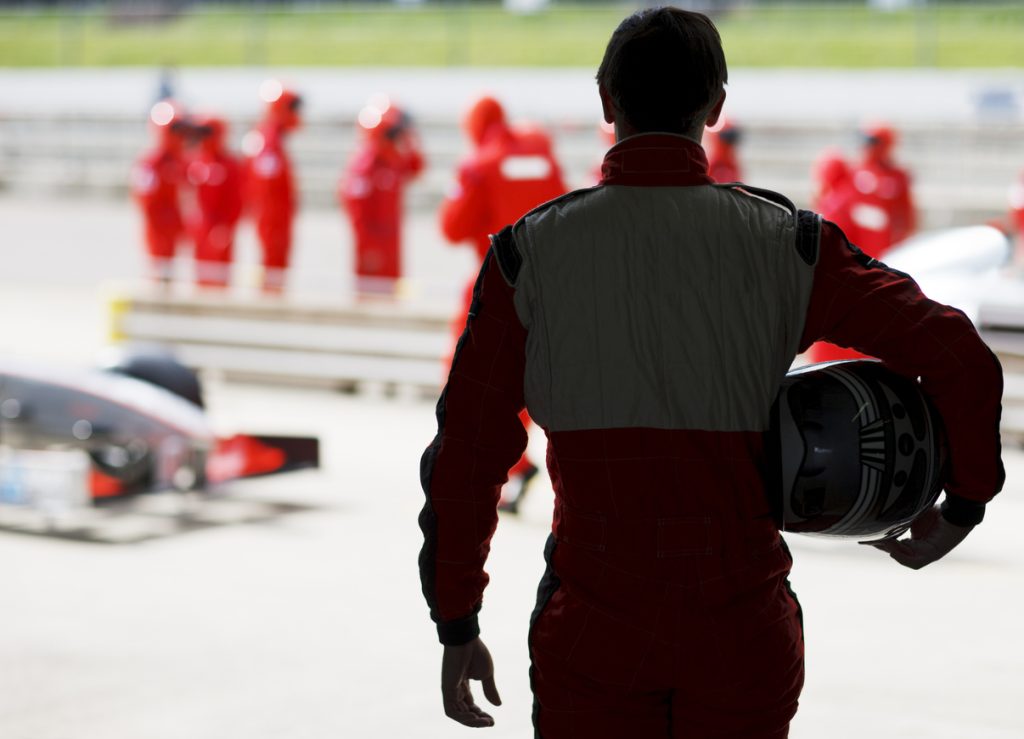You’re good. Everyone says so. Your mates, your team, your partner, your followers—they’ll all tell you you’re doing great. Sometimes they’ll even say you’re the best. But how would you know if you weren’t?
This isn’t about imposter syndrome. This is about something different—something quieter. Something more dangerous. It’s about idiot compassion.

Coined by Buddhist teacher Pema Chödrön and popularised by therapist Lori Gottlieb, idiot compassion describes the kind of support that feels kind in the moment but prevents growth in the long run. It’s what happens when your circle validates your experience instead of challenging it. When they hype you up instead of calling you out. When they protect your feelings instead of your future.
We see it all the time in motorsport and the trades. Someone gets in with the right crew—the purple circle, those influential few who pull the strings behind the scenes—and suddenly, they’re untouchable. If they mess up, it’s overlooked. If they coast, it’s framed as consistency. If they’re called out, it’s jealousy.
But here’s the thing: friends who always gas you up aren’t doing you favours if they’re helping you lose touch with reality. They’re giving you idiot compassion. And if you don’t stop to check yourself, you’ll start believing your own hype.
There’s a cautionary tale here. About the racer who’s told they’re a future champion—until they start skipping test days. About the apprentice who’s everyone’s favourite—until they stop improving. About the mechanic who’s solid—but never steps up, never pursues continued education, never keeps pace with product updates.
These people aren’t bad. They’re just surrounded by people who mistake loyalty for silence.
Therapist and author Lori Gottlieb puts it like this: “If a fight breaks out in every bar you go into, maybe it’s you.”
Idiot compassion keeps us from hearing that. It tells us what we want to hear, not what we need to hear. But growth requires uncomfortable truths—not just applause.
Idiot compassion shows up in phrases like:
“You’re doing your best.”
“They just don’t get you.”
“It’s not your fault.”
Sometimes, that’s true. But not always. And if you only ever hear one side, you start living in an echo chamber. You don’t grow. You don’t adapt. You just coast.
And the worst part? The world moves on without you.
Wise compassion, by contrast, is the friend who says, “You’re slacking.” The teammate who says, “You’ve stopped showing up the way you used to.” The mentor who says, “This isn’t your best work—and you’re capable of more.”
That’s not drama. That’s development.
The millennial phrase “touch grass”—which means get off your high horse, step away from your bubble, and re-engage with reality—is good advice here. If the only people you hear from are the ones benefitting from your complacency, you need to touch grass.
This matters in industries like motorsport and trades because reputation travels fast and lingers long. Once people clock that you’re no longer progressing, they’ll stop offering opportunities. But they won’t tell you why. They’ll just stop calling.
So ask yourself:
When was the last time someone gave me hard feedback?
Am I surrounding myself with people who challenge me?
Is my circle honest—or just comfortable?
You don’t need to chase pain. But you do need to chase truth.
Because at the end of the day, no one climbs higher by only hearing they’re already at the top.


Bridget Bell is a seasoned motorsport media professional and a skilled mechanic, with over a decade of experience in On-Air Hosting, Event Hosting, Television Presenting and Commentating. Passionate about supporting women in both the industry and motorsport, Bridget volunteers as a mentor and actively champions female representation.
Disclaimer: While due research has been conducted, the views expressed in our articles are those of the author and may not necessarily reflect everyone’s views. If you notice an error, please email quoting the blog article title and an explanation of the error.

